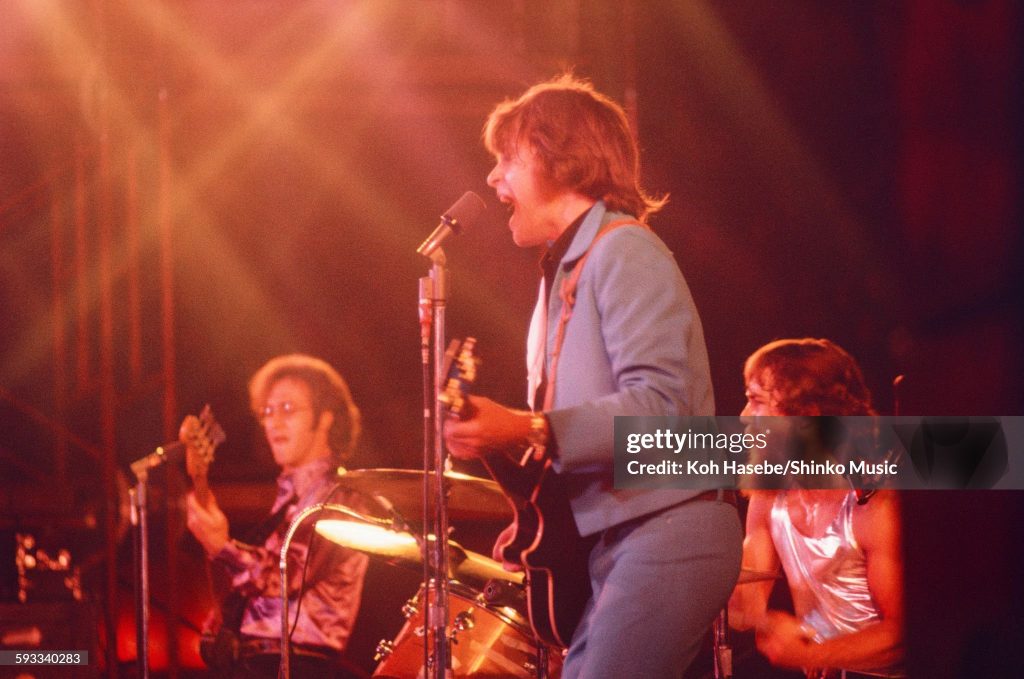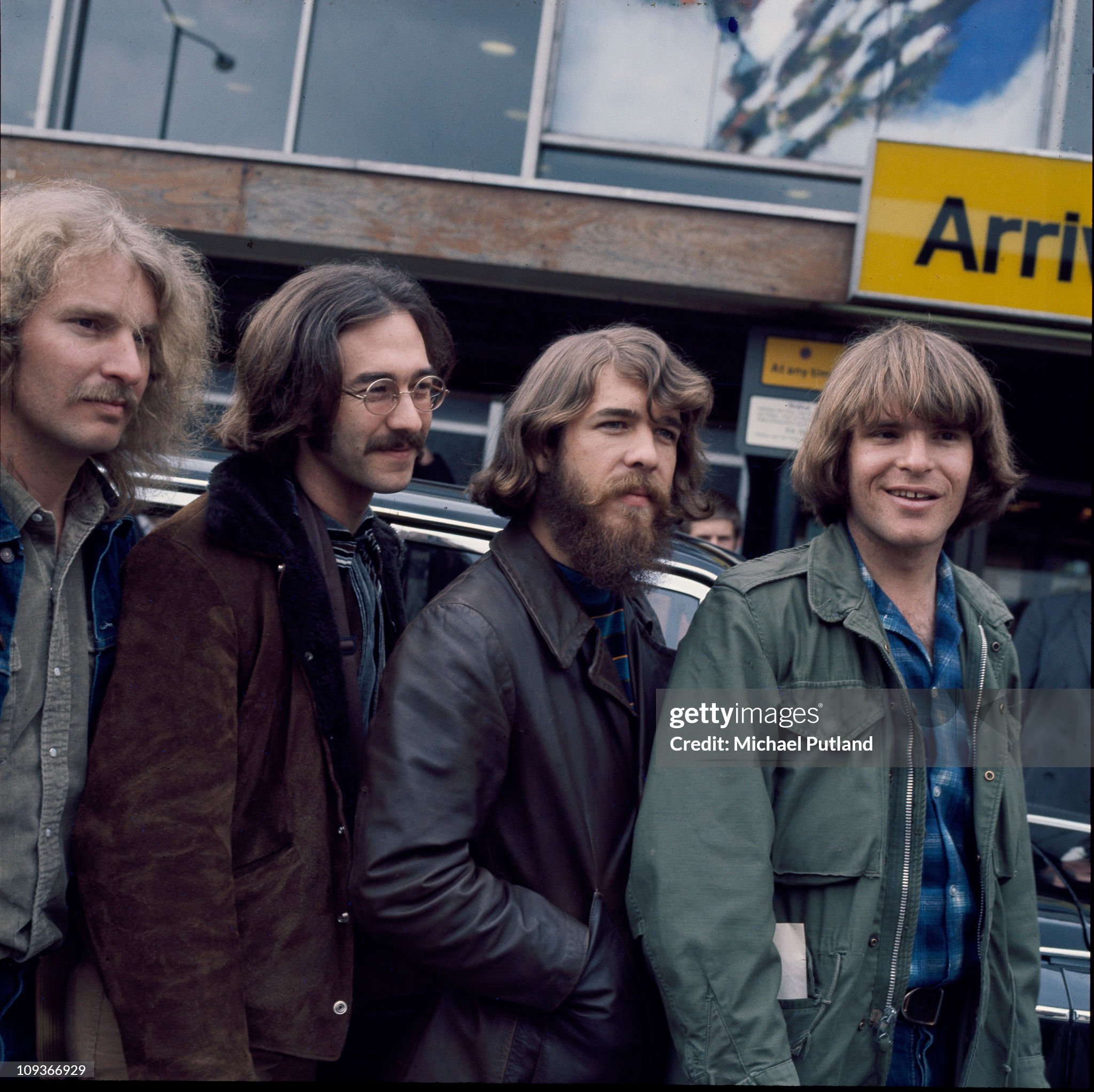
A Journey Through Time and Change: The Essence of “Cross-Tie Walker”
In the late 1960s, as the world was caught in a whirlwind of cultural and social upheaval, Creedence Clearwater Revival, fondly known as CCR, emerged as a beacon of authentic, roots-driven rock. Their music transcended the superficial gloss of the era, reaching deep into the heart of American life with its raw, unpretentious sound. One such gem from their rich discography is “Cross-Tie Walker,” a track that embodies the spirit of an ever-evolving America while evoking a sense of nostalgia that resonates profoundly with listeners, particularly those who lived through that transformative time.
Released in 1969 as part of their critically acclaimed album “Green River,” “Cross-Tie Walker” did not chart as a single but contributed to the album’s success, which reached No. 1 on the Billboard 200. The song itself may not have been the headline act, but it has always held a special place in the hearts of CCR aficionados. It exemplifies the band’s ability to weave storytelling with music in a way that feels both timeless and immediate.
The song is steeped in imagery that evokes the American South—a landscape rich with history and contradiction. John Fogerty, the band’s lead singer and principal songwriter, had an uncanny knack for capturing this essence. Although Fogerty hailed from California, his lyrics often painted vivid pictures of Southern life, filled with railroad tracks, dusty roads, and small-town sensibilities. “Cross-Tie Walker” is no exception; it transports listeners to a simpler time when walking along railroad tracks could be a journey of reflection and self-discovery.
At its core, “Cross-Tie Walker” is about movement—both physical and metaphorical. It speaks to the idea of transition, capturing a moment where one stands at the crossroads between past and future. This resonates deeply with those who have experienced significant change in their lives, reflecting on where they’ve been while contemplating what lies ahead. It’s this universal theme that gives the song its enduring appeal.
For many older listeners, “Cross-Tie Walker” serves as a poignant reminder of their youth—a time marked by exploration and endless possibilities. The evocative imagery in Fogerty’s lyrics stirs memories of long-forgotten adventures and dreams yet to be realized. The gentle yet insistent rhythm of the song mirrors the cadence of a train journey, each note carrying with it echoes of laughter shared and lessons learned along life’s winding paths.
Musically, “Cross-Tie Walker” showcases CCR’s signature blend of swamp rock and blues-infused melodies. The jangling guitars and steady drumbeat create a soundscape that feels both grounded and ethereal—much like the dual nature of traveling along cross-ties themselves. This unique sound was instrumental in defining CCR’s place in rock history as purveyors of a genre that was both innovative and steeped in tradition.
The story behind “Cross-Tie Walker,” like much of CCR’s work, is rooted in authenticity. The band’s ability to channel genuine emotion into their music has always been one of their greatest strengths. In crafting songs that speak to universal human experiences—change, longing, nostalgia—they have left an indelible mark on listeners across generations.
For those who lived through the era when CCR reigned supreme, revisiting “Cross-Tie Walker” can be an emotional experience. It serves as a bridge to another time—a chance to reconnect with one’s past while appreciating how far they’ve come. For younger audiences discovering it for the first time, it offers a glimpse into an era defined by its quest for meaning amidst uncertainty.
In conclusion, “Cross-Tie Walker” is more than just a song; it’s an invitation to reflect on one’s own journey through life. Its timeless themes and evocative imagery ensure that it will continue to resonate with listeners for years to come. As we walk along our own metaphorical cross-ties, may we carry with us the wisdom gleaned from those who have walked before us—and embrace whatever lies ahead with open hearts and minds.
